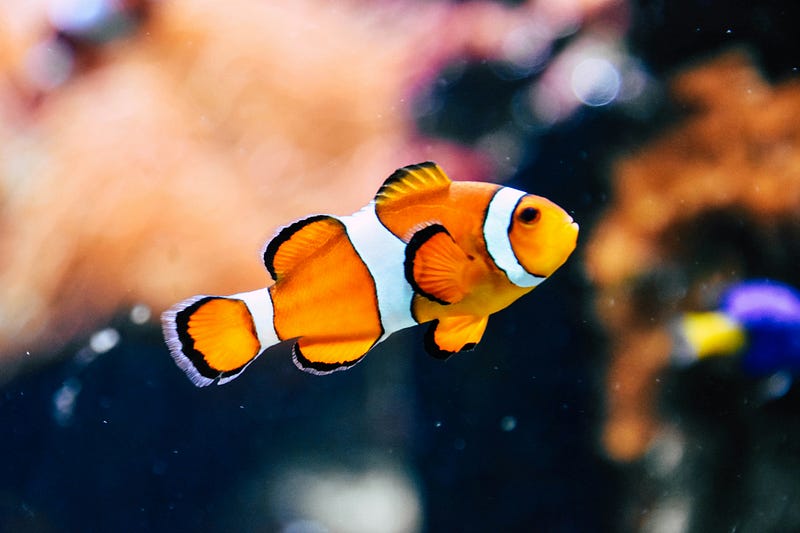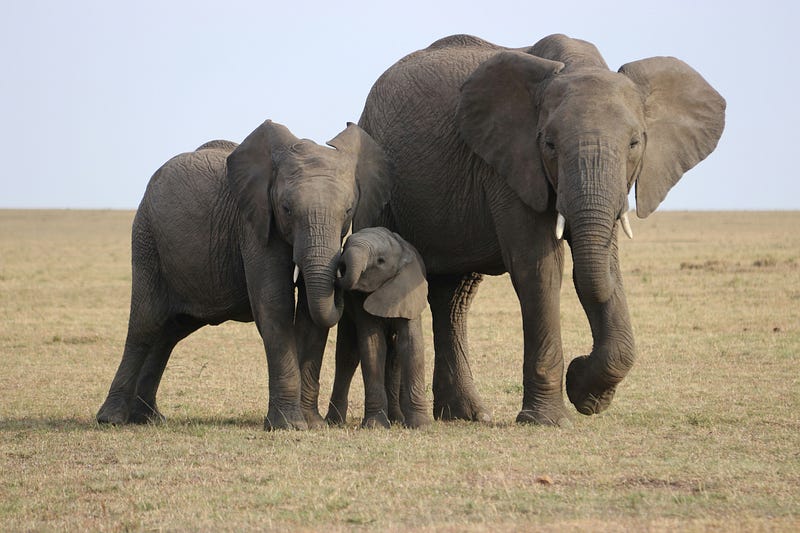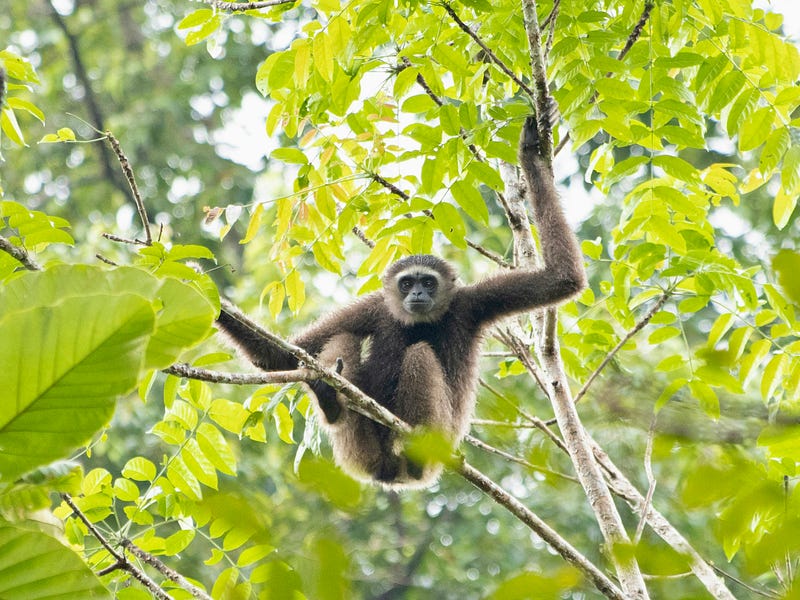Exploring Animal Intelligence: Are We Truly Understanding Them?
Written on
Chapter 1: The Flaws in Our Perspective
Humanity faces a significant challenge: our inherent selfishness and arrogance.
In his insightful book, Are We Smart Enough to Know How Smart Animals Are?, primatologist Frans De Waal critiques our traditional approaches to studying animal behavior. For many years, we have focused on comparing animals to ourselves. If an animal did not behave in a way that mirrored human actions or expectations, it was often dismissed as unintelligent.
The more pertinent question we should be asking is:
Who are these creatures?
What drives their behaviors?
This leads us to the concept of anthropocentrism, which posits that humans are the most important beings on the planet. Donald Griffin, in his thought-provoking work The Question of Animal Awareness, contends that this misguided belief leads us to assume that only humans can experience pain, emotions, or consciousness. This perspective is fundamentally flawed.
We are not the center of existence. Instead, we share our world with remarkable animals exhibiting extraordinary behaviors, yet we have historically studied them through a narrow lens.
Moving Beyond Anthropocentrism: The Concept of Umwelt

The anthropocentric view has given rise to another problematic concept: anthropomorphism, where we attribute human traits and emotions to animals. This bias has skewed many studies on animal behavior and cognition.
However, the emergence of ethology—the scientific study of animal behavior in natural settings—has shifted this paradigm. A key term in ethology is Umwelt, a German word that refers to the unique perceptual world of an animal. In essence, it defines an animal's sensory bubble.
Humans primarily rely on sight, thus our Umwelt is predominantly visual. Conversely, many animals depend on different senses. For instance, blind animals navigate using sound or echoes, while fish utilize electric fields to understand their surroundings. Migrating birds may even perceive the magnetic field visually, creating a far more complex Umwelt than ours.
There exists a multitude of worlds, each governed by a specific animal's Umwelt. Each species possesses its unique sensory bubble, including humans.
Chapter 2: Rethinking Research on Animal Intelligence
To illustrate the significance of Umwelt in animal studies and how anthropomorphism has previously led to flawed conclusions, let’s examine some illustrative cases.
Can Elephants Use Tools Like Humans?

For many years, scientists believed elephants lacked the capability to use tools. This assumption stemmed from an experiment where elephants were tasked with using sticks to retrieve food placed high above them. When they failed, researchers concluded that elephants were not intelligent.
However, this conclusion was shortsighted. Later experiments revealed that the elephants' primary tactile organ is their trunk. A young elephant named Kandula demonstrated that by using a box to elevate himself, he could easily reach the food with his trunk. This proved that elephants are indeed capable of tool use when the task aligns with their natural abilities.
The Case of Gibbons

Similarly, gibbons, a primate species adapted to life in the trees, faced a comparable challenge. When subjected to the same tool-use experiment on the ground, they too struggled. This is largely because their anatomy is designed for climbing rather than manipulating tools.
When researchers adapted the experiment to a more natural arboreal context, the gibbons succeeded, demonstrating that they possess intelligence comparable to other primates.
Conclusion
Historically, our approaches to studying animals have been clouded by anthropomorphism and anthropocentrism. Recognizing that we are not the sole intelligent beings has opened doors to understanding that animals possess emotions and possibly consciousness.
Yet, there is still much to learn. Are we truly equipped to study intelligence in other species?
Thank you for reading! Have a fantastic day!
If you enjoyed this content, please clap (50) to encourage me to create more articles on psychology, neuroscience, animals, and Python.
For animal lovers, follow me and check out Cognitive Creatures or my other writings on animal intelligence, behavior, and cognition.
Axel
References
De Waal, F. (2016). Are We Smart Enough to Know How Smart Animals Are?. WW Norton & Company.
In this insightful video, Frans B. M. de Waal discusses the intricacies of animal intelligence and questions our ability to truly comprehend it.
This audiobook preview by Frans de Waal explores the themes of understanding animal intelligence and our place within the natural world.